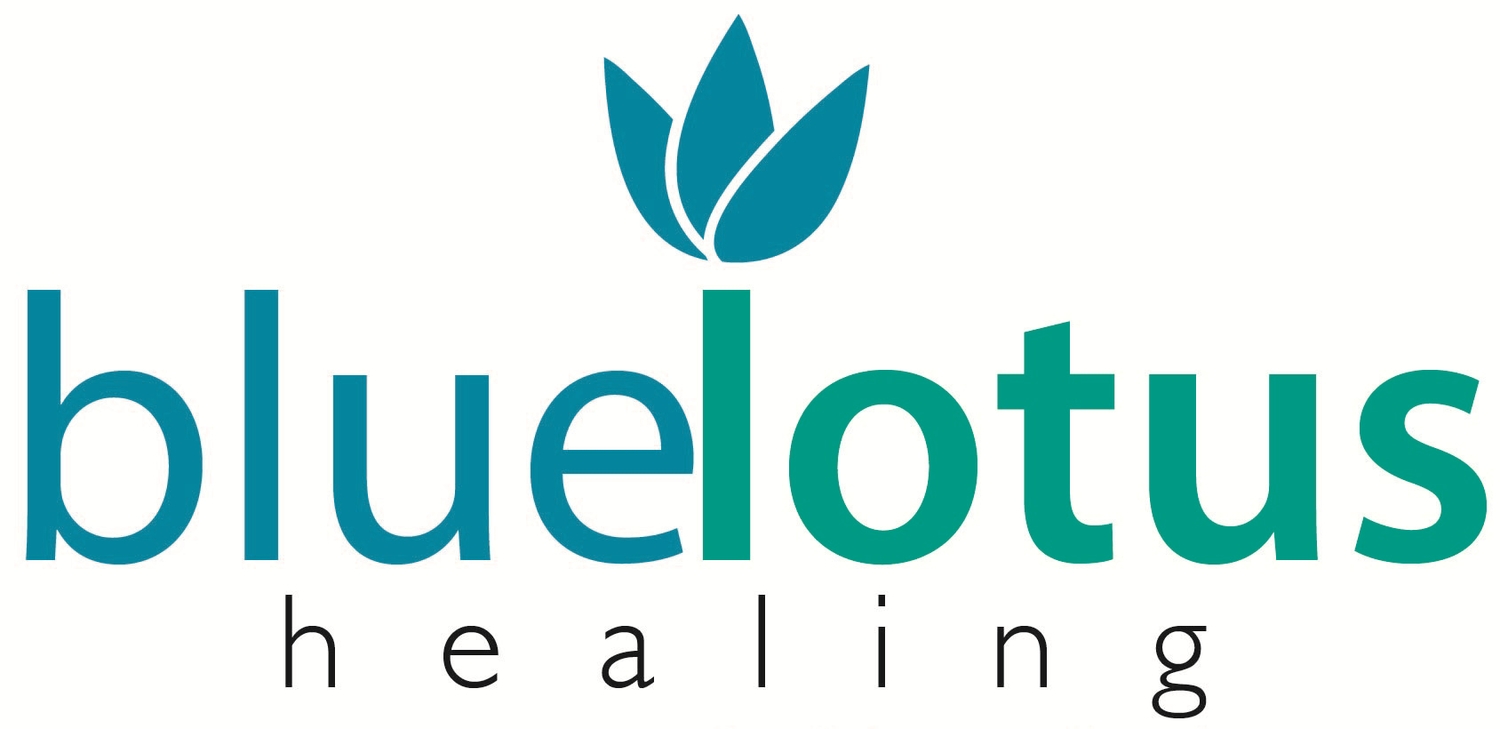PCOS
PCOS (Polycystic Ovarian Syndrome) is a common hormonal disorder that can affect up to 25% of women of childbearing age and has become one of the main causes of infertility in women. The ovaries are swollen with denser tissue and contain many small cysts or half matured follicles, and the “dominant follicle” does not develop as easily. Hormonal imbalances of elevated testosterone and LH levels (often with a higher LH to FSH ratio) affect ovulation causing it to occur irregularly or not at all. There may also be insulin resistance and glucose intolerance.
Symptoms include irregular, delayed or no menstrual cycles with late or absent ovulation, periods may or may not be heavy and painful, acne, excess body hair, obesity (although many women may be thin), bloating, tenderness, thinning of head hair and lightheadedness when hungry. In a mild case there may be no symptoms other than a slightly irregular cycle.
Risks associated with PCOS include endometrial hyperplasia and cancer, insulin resistant type 2 diabetes, cardiovascular disease, high blood pressure, strokes, dyslipidaemia, fatty liver disease, autoimmune thyroiditis and miscarriage.
The causes of PCOS are not yet fully understood; however there seems to be a strong genetic component. Current Western medical treatment options include drugs such as the birth control pill, Metformin (insulin sensitizer), Clomid (induce ovulation), hCG and FSH preparations. If these drugs are unsuccessful, IVF is often suggested when trying to conceive. From a Chinese Medicine perspective use of these drugs will in the long term cause further stagnation, heat & dryness and damage to the ovaries.
Correcting hormonal imbalances and managing the symptoms of PCOS is necessary to improve ovarian function and healthy ovulation, reduce the number of follicles and improve egg quality. It is also important for your general health and wellbeing, even more so if you are currently trying to fall pregnant, or hoping to start a family in the future. It will maximize your chances of conception and help to maintain a healthy pregnancy.
We believe that treatment of PCOS needs to address the imbalances and treat the body as a whole. Chinese medicine diagnosis of PCOS often involves a Kidney Yang deficiency with stagnation and accumulation of Phlegm Damp in the lower abdomen. The Kidney Yin deficient type may involve Qi and Blood deficiency or Qi stagnation. Our focus will vary depending on the individual, however it is based on regulating hormones, improving ovary function and achieving ovulation.
Acupuncture and Chinese herbs can be used to address the underlying internal imbalances in the body. Based on the individual diagnosis they are used to:
Harmonize the Liver
Move stagnation of Qi and Blood
Clear Heat
Resolve Phlegm Damp
Tonify the Spleen Qi and Blood
Nourish Kidney Yin and Yang
Lifestyle, diet and exercise advice is also an important factor to assist with weight loss, stress reduction and overall health.
